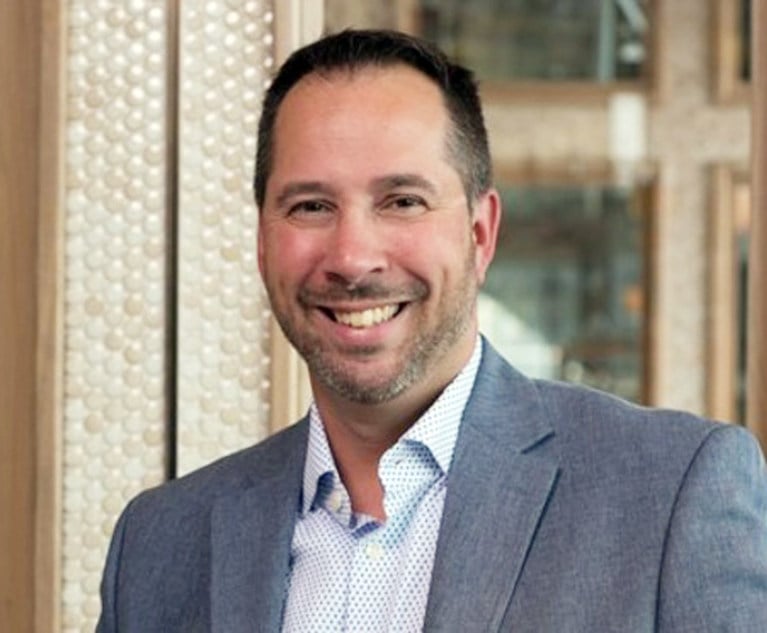It has been perhaps a disorienting couple of weeks for those keeping track of where, and how, employers can be sued by their employees. Take, for example, the May 10 step toward transparency in the #MeToo era by Uber Technologies Inc., which announced that it will not push for individual sexual harassment and assault claims to be determined through private arbitration proceedings going forward. Instead, Uber will defend all such claims going forward in the forum of the plaintiff’s choice—including in open court, if that is where the plaintiff opts to file.
Then, on May 21, the U.S. Supreme Court issued a decision that can be viewed as a boon for all companies seeking to hold their employees to individual (i.e., private) arbitration agreements that include class or collective action waivers. In a 5-4 decision, with Justice Neil Gorsuch writing for the majority, the court ruled that employee arbitration agreements must be enforced according to their terms—including to the extent that such agreements require one-on-one arbitration, as opposed to collective arbitrations or class action suits, see Epic Systems v. Lewis, — S.Ct. –, No. 16-285 (May 21, 2018).
This content has been archived. It is available through our partners, LexisNexis® and Bloomberg Law.
To view this content, please continue to their sites.
Not a Lexis Subscriber?
Subscribe Now
Not a Bloomberg Law Subscriber?
Subscribe Now
LexisNexis® and Bloomberg Law are third party online distributors of the broad collection of current and archived versions of ALM's legal news publications. LexisNexis® and Bloomberg Law customers are able to access and use ALM's content, including content from the National Law Journal, The American Lawyer, Legaltech News, The New York Law Journal, and Corporate Counsel, as well as other sources of legal information.
For questions call 1-877-256-2472 or contact us at [email protected]


 Alisha L. McCarthy, left, of Phillips Nizer and Jeffrey Campolongo, right, of the Law Office of Jeffrey Campolongo.
Alisha L. McCarthy, left, of Phillips Nizer and Jeffrey Campolongo, right, of the Law Office of Jeffrey Campolongo.




